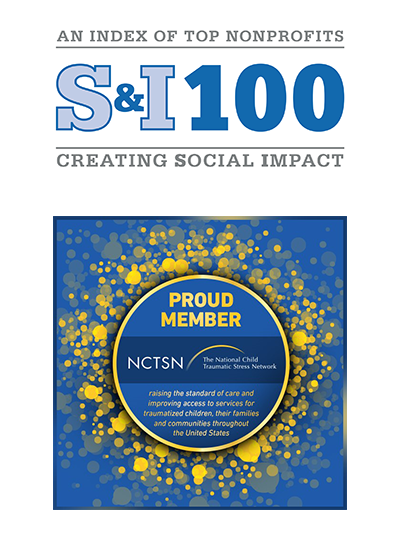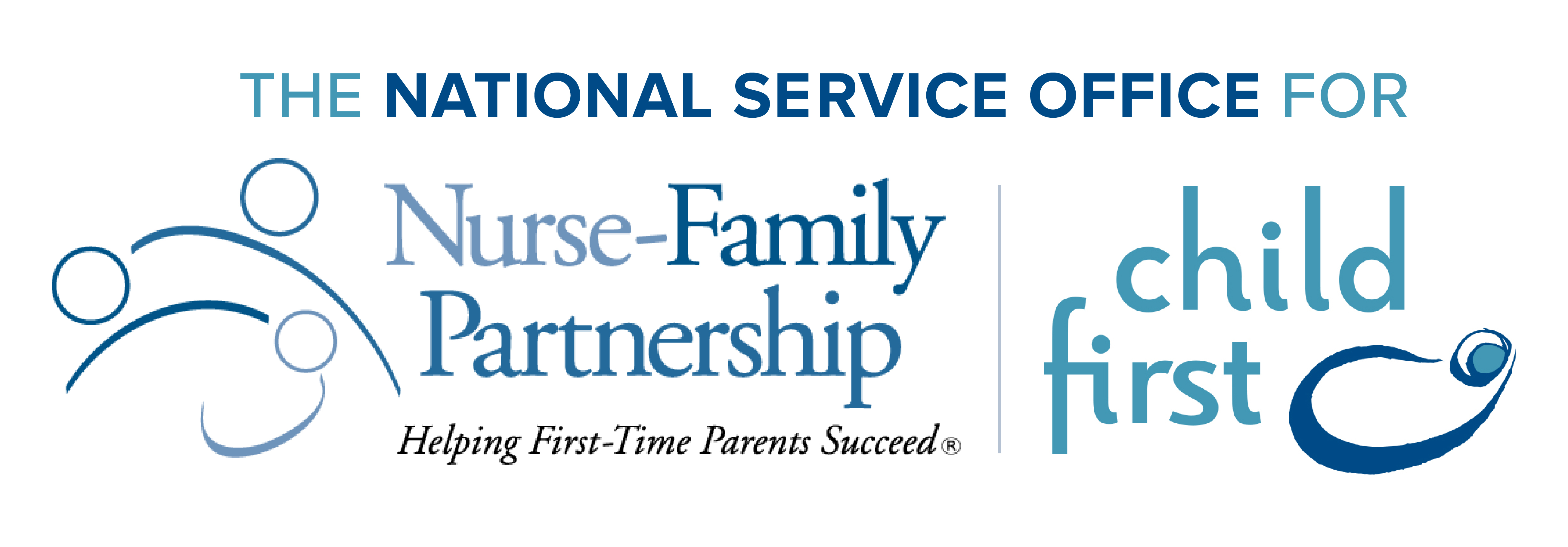Our Vision
All young children and their families will have the nurturing, support, and services that they need to promote optimal social-emotional, cognitive, and physical health and development.
Our Mission
Child First helps to heal and protect children and families from the effects of chronic stress and trauma by fostering strong, nurturing, caregiver-child relationships, promoting adult capacity and connecting families with needed services and supports.
Fundamental Principles
Stable and nurturing parent-child relationships are the cornerstone of emotional well-being and the foundation for language and cognitive development.
-
High levels of adversity, in the absence of responsive, nurturing relationships, are “toxic” and damage the architecture of the developing brain of the young child, leading to enduring maladaptive patterns of emotional, cognitive, and physical development.
-
Responsive, nurturing relationships buffer the child’s brain from high levels of stress and promote healthy functioning and resilience.
-
It is much more effective to intervene early to promote the development of healthy brain structures than to attempt to repair circuitry after it has been hard-wired.
Child First uses an ecological approach to understand the child. We focus on the child’s health and development, his important relationships, and the challenges experienced by his parents and caregivers that prevent them from nurturing and supporting the child’s development.
All behavior has meaning. This is the way young children communicate. It is our goal to help parents and caregivers reflect on and understand the feelings and motivations underlying their child’s behavior.
-
The goal of intervention is to enhance the parent’s and caregiver’s capacity to provide sensitive, age-appropriate care and protection, with mutual pleasure in the parent-child relationship.
-
Treatment of behaviors alone limits the effectiveness, durability, and generalizability of interventions.
To help a child we must help the family. All parents/caregivers want to give their children the best possible opportunity to succeed. When caregivers face multiple stressors and their basic needs are not met, it is difficult for them to focus on the emotional and developmental needs of their children.
-
Caregivers’ own life experiences influence their perceptions and understanding of their child, and their ability to nurture and support their child’s development.
-
Caregivers and children are best served within a “system of care” in which assessment, access to services, treatment, follow-up, and relationships with community-based services are facilitated by well-trained professional staff.
Lasting change within the family comes from a collaborative, “family-driven” approach.
- Planning and treatment must be based upon respect for the wishes, values, culture, and strengths of the family.
- Change grows out of a relationship of trust between family and professionals.
Helping relationships follow the principle of “parallel process.”
- The respect and sensitivity we show to parents and caregivers helps them to have a different experience of relationships which, in turn, will be reflected in their relationships with their children.
- Creating supportive and responsive relationships, both with families and within families, requires reflection and self-knowledge on the part of professionals.
Every interaction with a child or family is an opportunity for a positive intervention.







